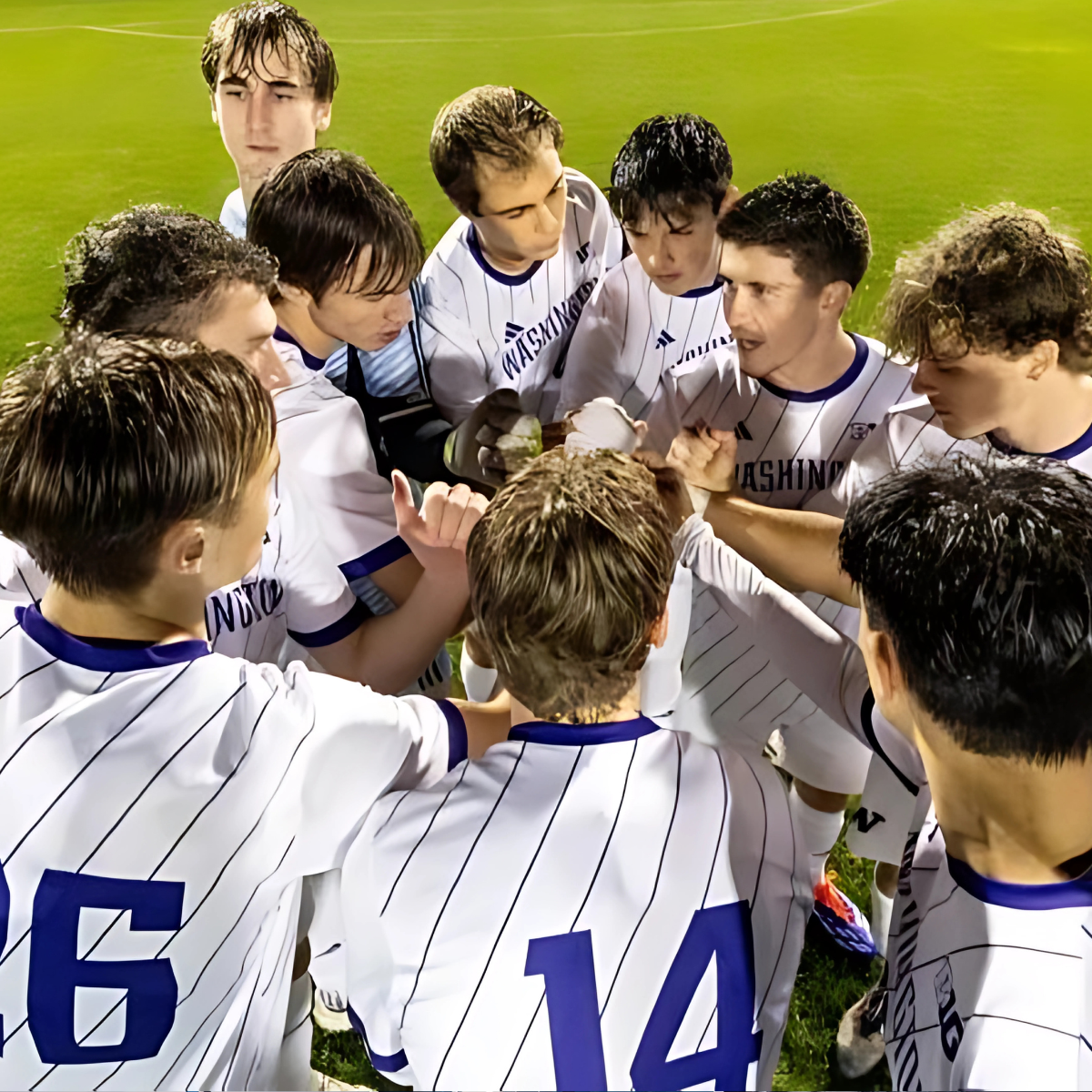For young athletes, practice is essential for skill development, but there are many ways to enhance athletic abilities outside of scheduled training sessions.
Engaging in additional activities can help your child refine their skills, build confidence, and maintain a competitive edge. Here are several effective strategies to help your child improve their sports skills outside of practice.
1. Establish a Routine
Encourage your child to create a consistent training routine that includes time for skill development. This could be structured as short, focused sessions several times a week, allowing them to work on specific skills without feeling overwhelmed. Consistency is key, and even 20-30 minutes a few times a week can lead to significant improvements.
2. Focus on Specific Skills
Help your child identify one or two skills they want to improve, such as shooting in basketball, passing in soccer, or swinging in baseball. Concentrating on specific skills allows for targeted practice, which can lead to faster improvement. For example, they might dedicate one week to dribbling techniques and the next week to shooting accuracy.
3. Utilize Online Resources
There are numerous online platforms that offer tutorials, drills, and training videos tailored to various sports. Websites and YouTube channels dedicated to sports training can provide valuable insights and new techniques. Encourage your child to watch instructional videos and practice the drills demonstrated by professionals.
4. Incorporate Fun Drills at Home
Make skill development enjoyable by incorporating fun drills into your child’s routine. For example, set up a mini obstacle course in the backyard to improve agility or create target practice for shooting accuracy. Use everyday items like cones, balls, and even household objects to design engaging drills that keep your child motivated.
See: Signs of Burnout in Young Athletes
5. Play Informal Games! (Pickup)
Encourage your child to play informal games with friends or family members. Whether it's a pickup basketball game, a soccer match in the park, or a backyard baseball game, these activities provide opportunities for your child to apply their skills in a relaxed setting. Playing with peers can also enhance teamwork and communication skills.
6. Cross-Train with Other Sports
Participating in different sports can improve overall athleticism and help develop transferable skills. For example, playing soccer can enhance footwork and agility, while swimming can improve endurance and strength. Encourage your child to explore various sports to diversify their skill set and keep their training fresh and exciting.
7. Strength and Conditioning
Incorporating strength and conditioning exercises into your child’s routine can enhance their athletic performance. Focus on age-appropriate exercises that build strength, speed, and agility. Bodyweight exercises like squats, lunges, and push-ups are excellent for young athletes. Consider consulting with a coach or trainer who specializes in youth fitness to create a safe and effective program.
8. Set Goals and Track Progress
Help your child set specific, measurable, achievable, relevant, and time-bound (SMART) goals related to their skill development. For example, they might aim to improve their free throw percentage in basketball or increase their sprint time. Tracking progress can motivate your child and provide a sense of accomplishment as they see their skills improve over time.
See: The Time Commitment for High School Sports
9. Encourage a Growth Mindset
Foster a growth mindset by encouraging your child to view challenges as opportunities for improvement. Remind them that setbacks are a natural part of learning and that persistence and effort will lead to success. Celebrate their progress and efforts, regardless of the outcome, to help build resilience and confidence.
10. Seek Feedback
Encourage your child to seek feedback from coaches, teammates, or even parents. Constructive feedback can provide valuable insights into areas for improvement and help them refine their techniques. If possible, consider recording practice sessions so they can analyze their performance and identify areas for growth.
Improving athletic skills outside of practice requires dedication, creativity, and the right mindset. By establishing a routine, focusing on specific skills, utilizing resources, and encouraging a love for the sport, you can help your child enhance their abilities and enjoy their athletic journey. Remember, the goal is to foster a positive and enjoyable experience that promotes lifelong physical activity and a passion for sports.







%20(1200%20%C3%97%20232%20px)%20(9).png)









.png)

